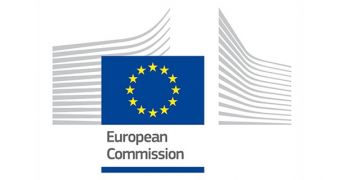In a seemingly worldwide coordinated effort that involves state-backed investigations to cut down corruption on corporate levels and which made Toshiba lay off half of its executives in one sweeping move, Qualcomm is now targeted by the European Commission for a possible breach of European antitrust rules.
The two formal antitrust investigations into possible abusive behavior by Qualcomm will examine first whether the company has indeed breached EU antitrust rules that prohibit the abuse of a dominant market position by offering financial incentives to customers on condition that they buy the baseband chipsets exclusively or almost exclusively from Qualcomm.
The second investigation will look into whether Qualcomm was engaged in "predatory pricing" by charging prices below costs with the purpose of forcing its competition out of the market.
On the European Commission official website, the EU Commissioner in charge of competition policy Margrethe Vestager says, "We are launching these investigations because we want to be sure that high-tech suppliers can compete on the merits of their products. Many customers use electronic devices such as a mobile phone or a tablet and we want to ensure that they ultimately get value for money. Effective competition is the best way to stimulate innovation."
Qualcomm's harsh times turn even more difficult
Claiming that Europeans use Qualcomm's baseband chipsets in increased numbers, the EC sees itself forced to take matters very seriously, guaranteeing a monopoly-free market for all of its companies and clients.
The EC will examine Qualcomm's conditions related to the supply of 3G (UMTS) and 4G (LTE) standards, and what the company actually did to hinder the ability of rivals to compete. The second investigation will also look into Qualcomm's pricing practices and see if any "predatory pricing" has been applied.
The inquiry is based on the Article 102 Treaty on the Functioning of the European Union, which makes illegal the abuse of a dominant market position when a company’s actions may affect trade between EU Member States.
If Qualcomm is found guilty, it could face fines amounting up to 10 percent of its yearly revenue and be forced to amend the way it conducts business in Europe. In the light of possible personnel layoffs, Qualcomm may find itself facing another corruption scandal, just like it happened in China in 2014.

 14 DAY TRIAL //
14 DAY TRIAL //